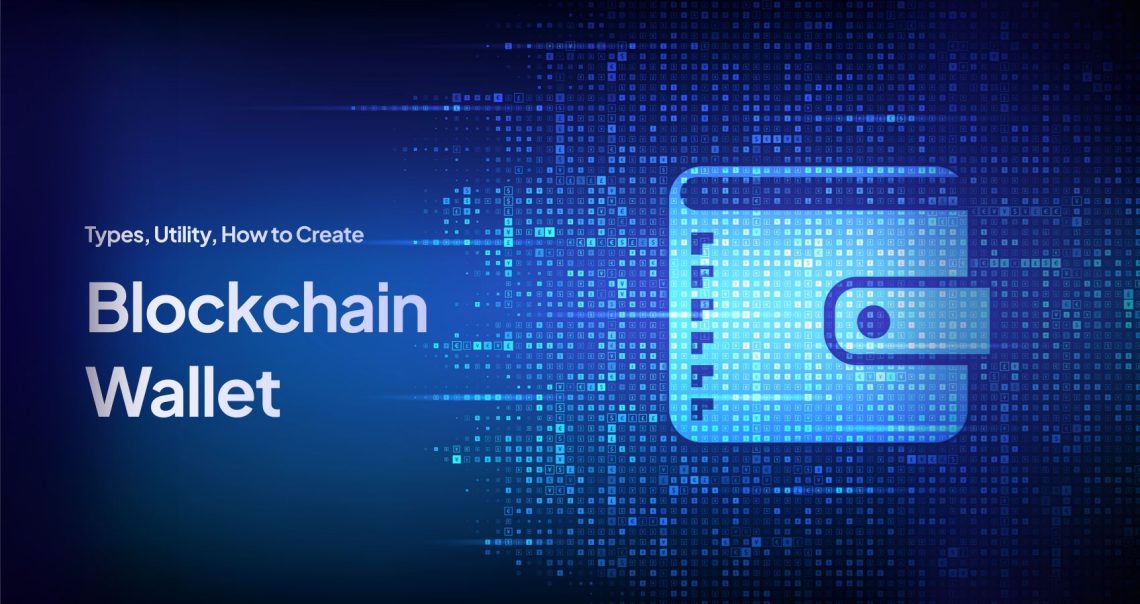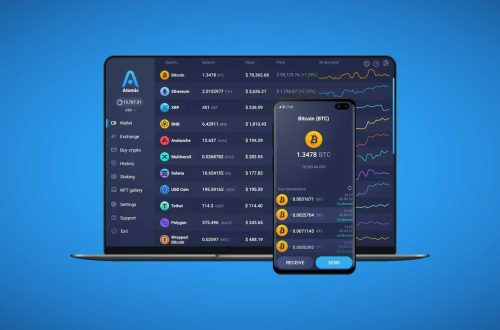In the world of cryptocurrency, one of the most fundamental aspects of managing digital assets is the use of a crypto wallet. Whether you’re a seasoned investor or a newcomer, understanding how these wallets work is essential to safeguarding your assets Metamask wallet. This article will explore what a crypto wallet is, how it functions, and the different types available in the market today.
What is a Crypto Wallet?
A crypto wallet is a digital tool that allows users to store, send, and receive cryptocurrency. Unlike a traditional wallet that holds physical cash or cards, a crypto wallet stores private keys and public keys that are required to interact with the blockchain network. These keys are essential for confirming transactions and ensuring the security of your digital assets.
The private key is like a password, used to authorize transactions and access the cryptocurrency associated with a wallet. The public key, on the other hand, is like an account number—other users can use it to send you crypto.
Types of Crypto Wallets
There are primarily two types of crypto wallets: hot wallets and cold wallets. Both serve the same basic function, but their security levels and use cases differ.
1. Hot Wallets
Hot wallets are wallets that are connected to the internet. They are typically software-based and provide easy and fast access to your cryptocurrencies. Hot wallets come in various forms, including:
- Web Wallets: Accessible via a web browser, these wallets store your private keys online. Examples include MetaMask and Blockchain Wallet.
- Mobile Wallets: Apps available for smartphones, such as Trust Wallet or Coinomi.
- Desktop Wallets: These are software programs installed on your computer, like Exodus or Electrum.
Advantages:
- Easy to use and convenient for daily transactions.
- Fast access to funds, making them ideal for trading and regular use.
Disadvantages:
- Since they are online, hot wallets are vulnerable to hacks, malware, and phishing attacks.
2. Cold Wallets
Cold wallets are offline storage devices that keep private keys away from the internet, providing an extra layer of security. The most common types of cold wallets are:
- Hardware Wallets: Physical devices, such as Ledger Nano S or Trezor, that store your keys offline. They are often regarded as the most secure type of wallet.
- Paper Wallets: Physical printouts of your public and private keys. Though secure against online threats, they can be easily lost or damaged.
Advantages:
- Much more secure compared to hot wallets due to their offline nature.
- Ideal for long-term storage of assets or large amounts of cryptocurrency.
Disadvantages:
- Less convenient for frequent transactions.
- If you lose the physical device or paper, you could lose access to your funds permanently.
Key Features to Consider
When choosing a crypto wallet, there are several factors to consider:
- Security: Look for wallets that offer strong encryption, two-factor authentication (2FA), and backup options like seed phrases (a series of words used to recover your wallet).
- User Interface: A good wallet should be easy to navigate, especially for beginners. Many wallets offer intuitive designs and user-friendly features.
- Supported Cryptocurrencies: Not all wallets support every cryptocurrency. Make sure the wallet you choose supports the assets you plan to store.
- Backup and Recovery Options: Choose a wallet that allows you to back up your private keys or recovery phrase securely. Without this, recovering your funds in case of device failure or loss can be impossible.
- Compatibility: Consider whether the wallet works with the devices you use, such as your smartphone, desktop, or hardware device.
Conclusion
Crypto wallets play a vital role in the safe management of digital currencies. Whether you are looking for convenience for frequent transactions (hot wallets) or enhanced security for long-term storage (cold wallets), there are a wide variety of options available. By understanding how these wallets work and considering the key features that matter most to you, you can make informed decisions and protect your investments in the volatile world of cryptocurrency.





